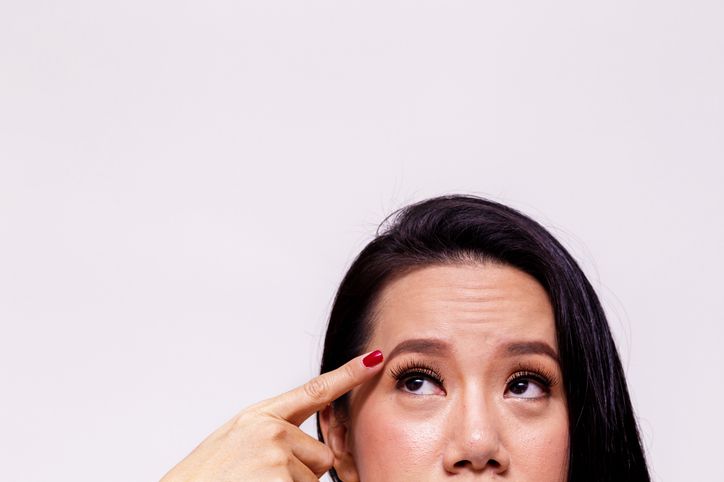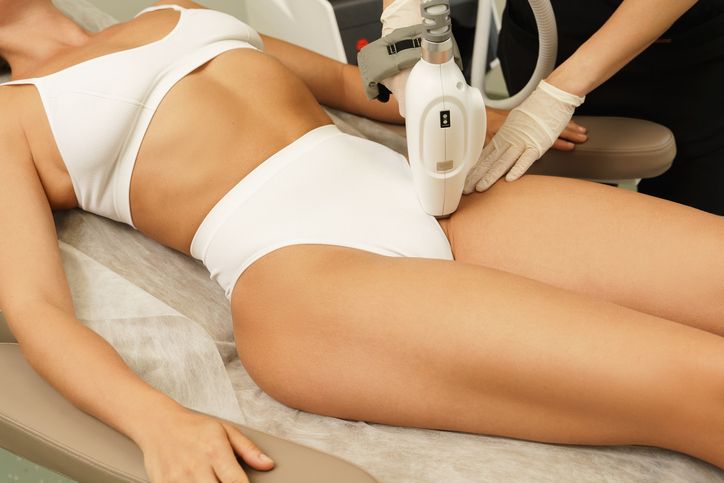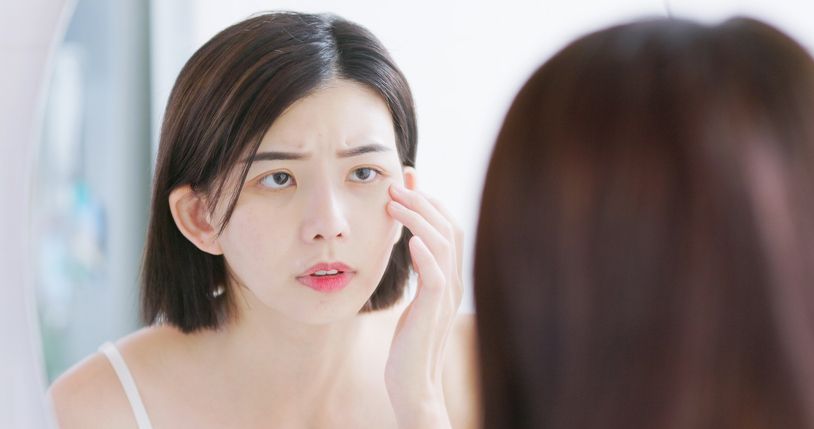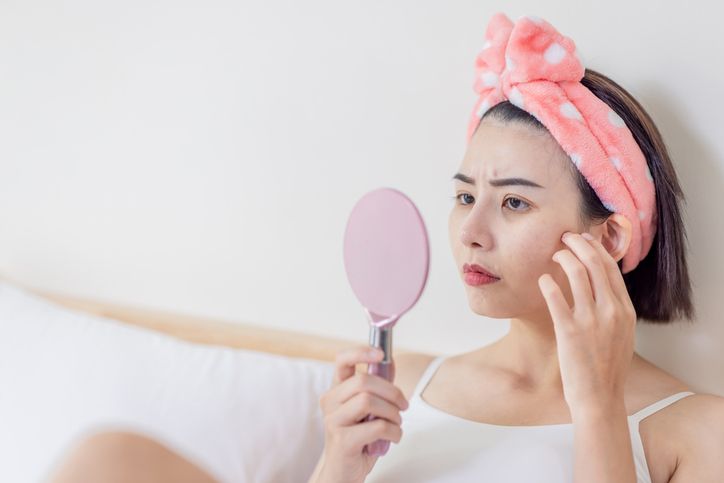- Home
- Trend
- Weight Loss Strategies
- Acne Tips
- Hair Health Information
- Blemish Removal Tips
- Acne Scar Removal Tips
- Muscle Building Techniques
- Intimate Care Tips
- Postpartum Intimate Care
- Eye Bags Wiki
- Tips for Face Slimming
- Secret of Permanent Hair Removal
- Breast Enlargement Tips
- Cure to Snoring
- Marionette Lines
- Skin-Tightening Secrets
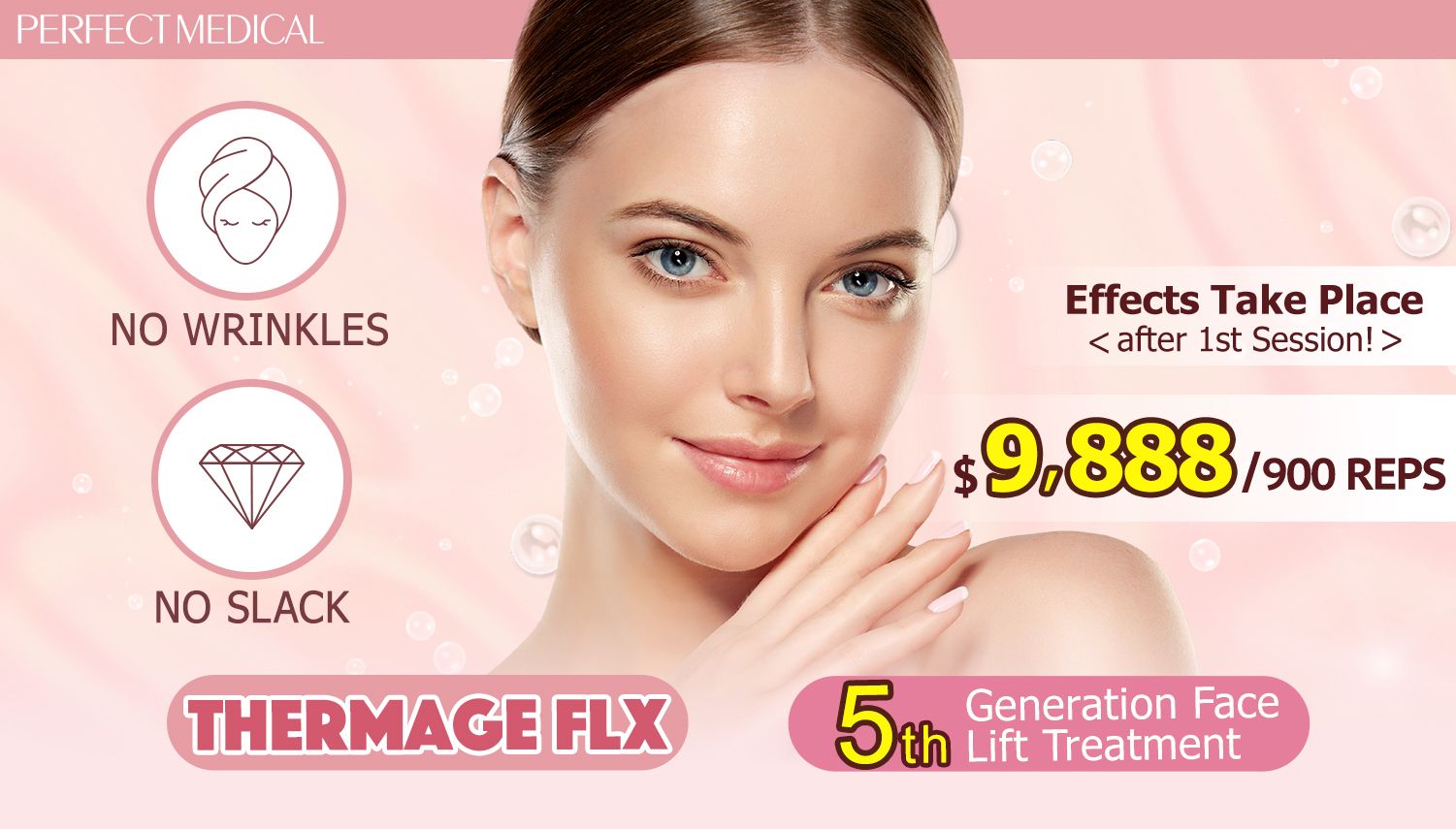
免費體驗
Thermage FLX 5th Generation Face Lift Treatment
1 Minute Self-Registration
Date should not be before minimal date
Ageing is a natural process that affects every part of our bodies, including our faces. While ageing can bring wisdom and experience, it also brings visible changes to the skin. Recognizing the signs of ageing on our face is the first step towards adopting a skincare and lifestyle routine that can help mitigate these effects. Let's check out the key signs of facial ageing and tips for maintaining healthy, youthful-looking skin!
1
Get Right into 10 Signs of Ageing
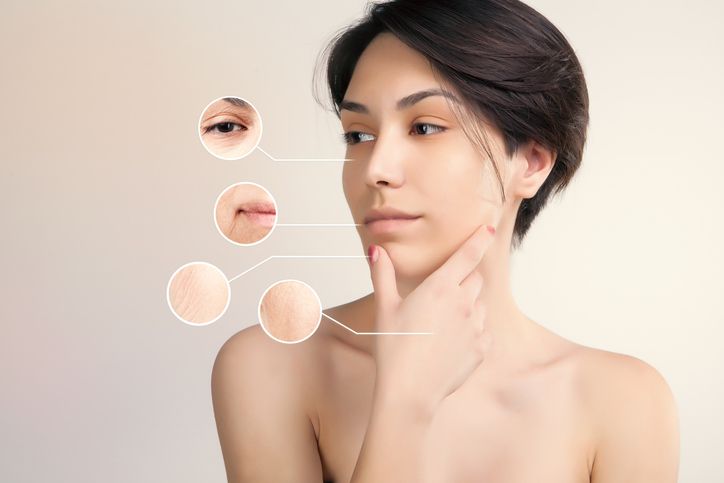
1. Fine Lines and Wrinkles
2. Dryness and Dullness
3. Age Spots and Hyperpigmentation
4. Sagging Skin and Loss of Volume
5. Visible Blood Vessels and Capillaries
6. Changes in Skin Texture
7. Enlarged Pores
8. Decreased Skin Tone and Elasticity
9. Under-Eye Bags and Dark Circles
10. Expression Lines
2
Promoting Healthy Skin Across the Lifespan: Care What You Eat

Berries
Avocados
Nuts and seeds
Leafy greens
Fatty fish
3
Defeat Premature Ageing With Ease: Thermage FLX 5th Generation Face Lift Treatment
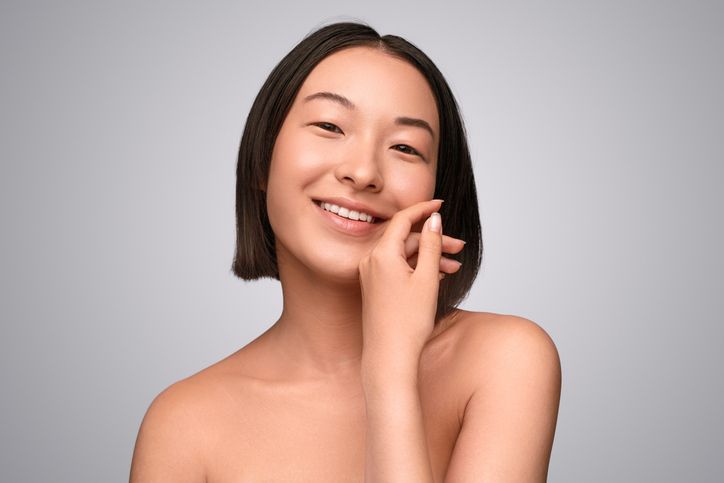
4
Last Few Thoughts
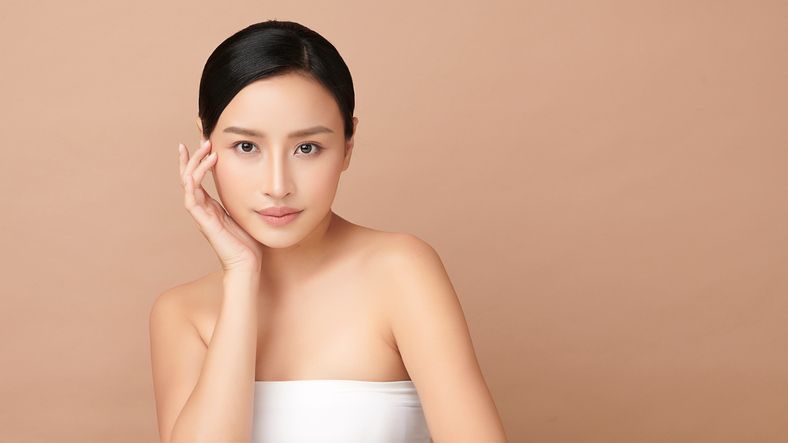
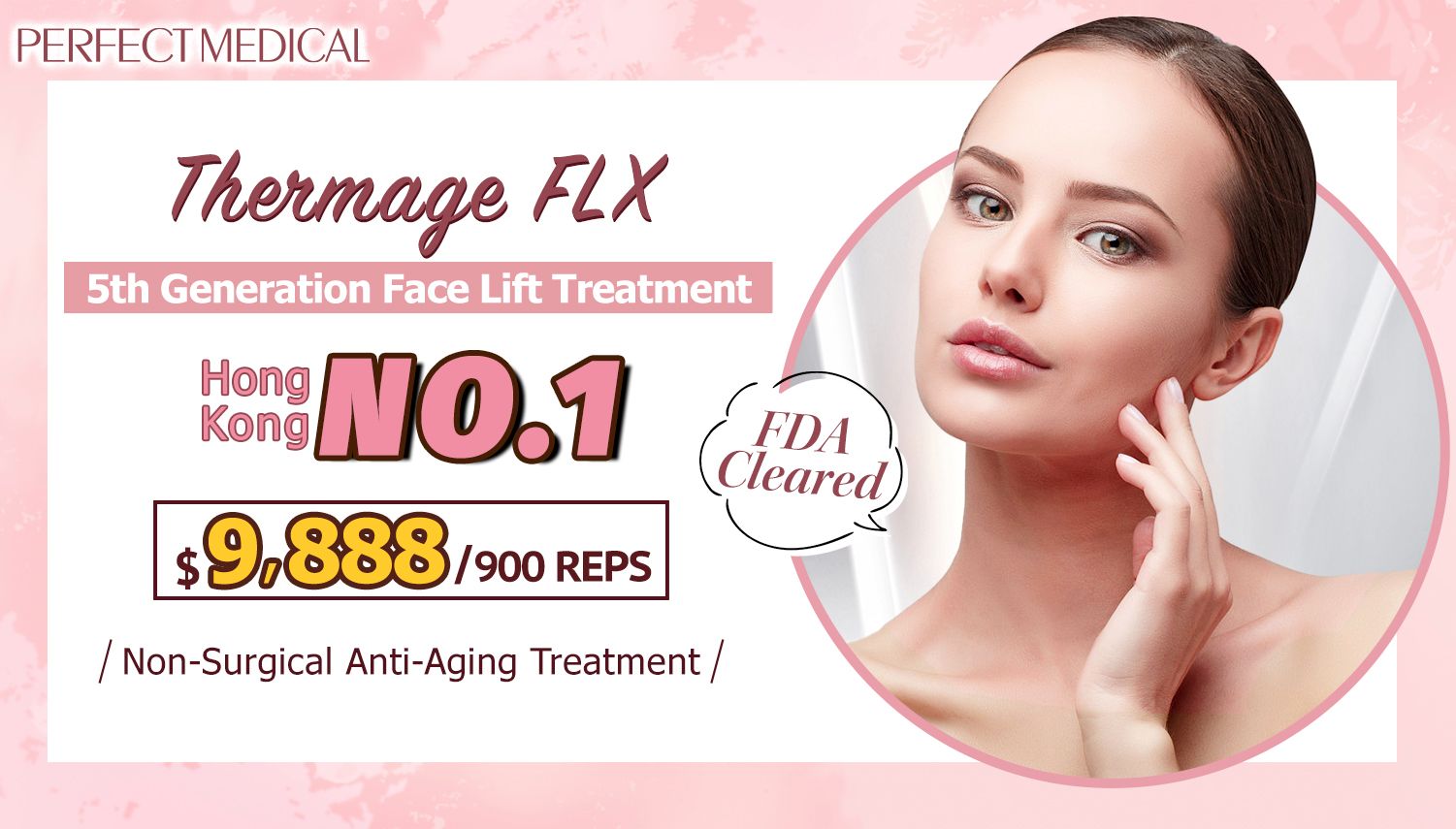
免費體驗
Thermage FLX 5th Generation Face Lift Treatment
1 Minute Self-Registration
Date should not be before minimal date
FAQ

1. How does incorporating Vitamin D into a healthy diet contribute to combating signs of skin aging, and why is it essential for maintaining healthy skin?
Incorporating Vitamin D into a healthy diet is crucial for combating signs of skin ageing because it plays a significant role in cell growth, repair, and metabolism, which are vital for the regeneration of healthy skin cells. Vitamin D also enhances the skin's immune system and helps to protect it against environmental aggressors that accelerate skin ageing. Adequate levels of Vitamin D can support the skin in maintaining its strength and elasticity, thereby reducing the appearance of wrinkles and fine lines associated with the ageing process.
2. Considering the impact of lifestyle factors on skin health, how does quitting smoking and engaging in regular exercise contribute to healthy ageing and minimising the signs of ageing on the skin?
Quitting smoking and engaging in regular exercise are pivotal lifestyle factors that contribute significantly to healthy ageing and minimising the signs of ageing on the skin. Smoking accelerates skin ageing by constricting blood vessels and impairing oxygen and nutrient delivery to the skin, leading to premature wrinkles and a dull complexion. Conversely, regular exercise increases blood flow, enhancing nutrient delivery to skin cells, promoting collagen production, and improving skin elasticity and tone. Together, these lifestyle changes can significantly decelerate the skin ageing process, promoting healthier, more youthful skin.
3. How does maintaining a healthy weight through a balanced diet and regular exercise influence the skin's appearance, particularly in relation to the ageing process and skin ageing?
Maintaining a healthy weight through a balanced diet and regular exercise positively influences the skin's appearance by ensuring optimal nutrient delivery and reducing inflammation, both of which are crucial for the health of skin cells. A balanced diet provides antioxidants and essential nutrients that protect the skin from oxidative damage, while regular exercise promotes circulation and enhances the removal of toxins. Together, these factors help to maintain the elasticity and firmness of the skin, reducing the visible signs of ageing and contributing to a more youthful appearance.
4. Why is it important for older adults to wear protective clothing and maintain cardiovascular health to support healthy skin and combat the signs of ageing?
For older adults, wearing protective clothing and maintaining cardiovascular health are essential strategies for supporting healthy skin and combating the signs of ageing. Protective clothing shields the skin from harmful UV rays and environmental pollutants that can accelerate skin ageing by damaging skin cells and degrading collagen. Meanwhile, good cardiovascular health, achieved through regular exercise and a healthy diet, ensures efficient blood flow, which is vital for delivering nutrients and oxygen to the skin. This combination of protection and nourishment helps to mitigate the signs of ageing, such as wrinkles, age spots, and loss of skin elasticity.
5. How does staying mentally active influence the ageing process and the health of the skin, and what role do the brain and nervous system play in maintaining young skin?
Staying mentally active influences the ageing process and the health of the skin by reducing stress, which can have a detrimental effect on skin health. Mental activities and engaging the brain help to manage stress levels, which in turn reduces the production of cortisol, a hormone that can break down collagen and elastin in the skin, leading to wrinkles and sagging. The brain and nervous system play a crucial role in regulating stress and ensuring that nerve cells function optimally to maintain skin health. By staying mentally active, individuals can help preserve the integrity of their skin's structure and appearance, contributing to a more youthful look.





